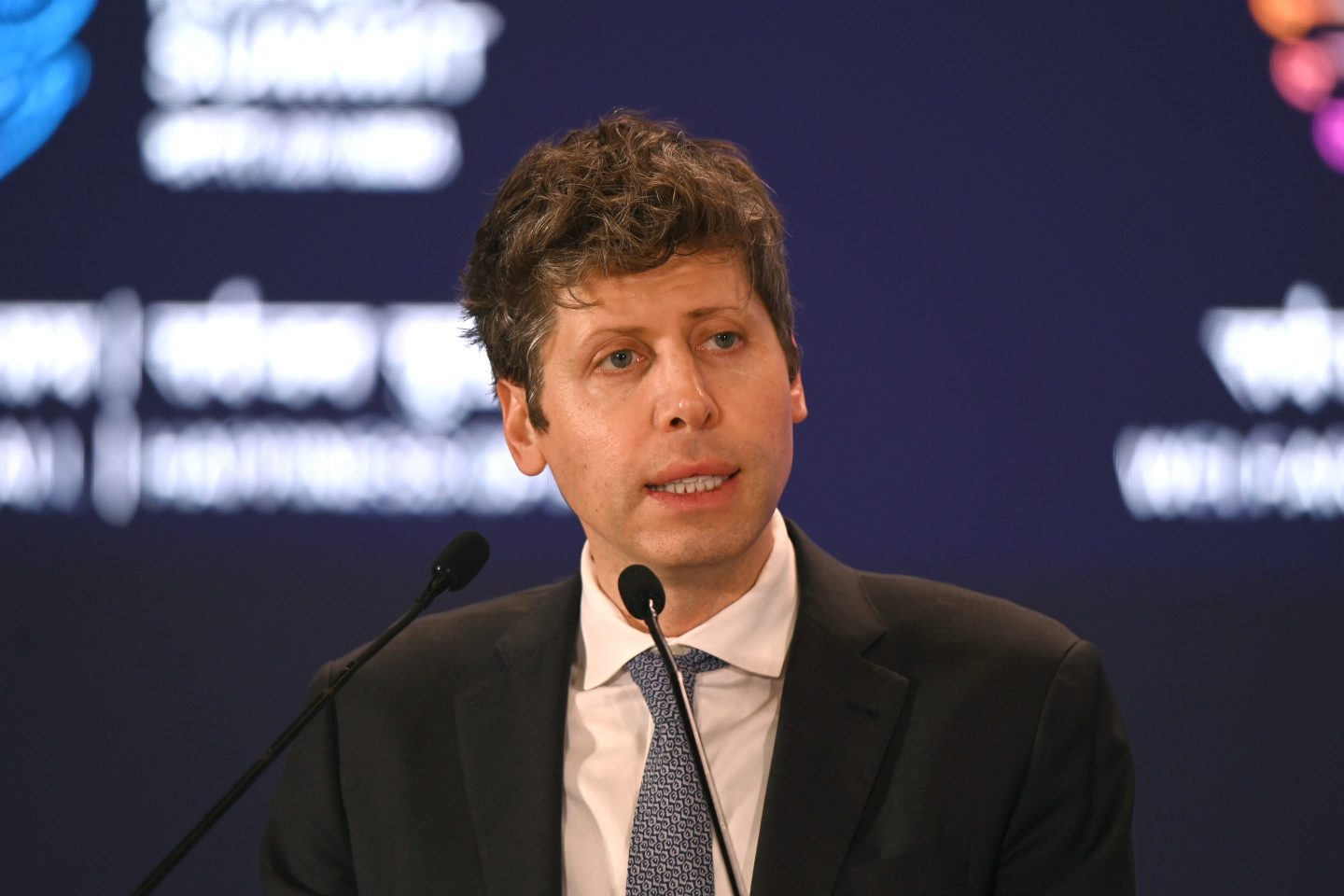Carbon capture is having a moment. The Biden administration is spending billions to boost the technology while dozens of startups pop up in the space. Meanwhile, in California, the nation’s first direct-air carbon-capture plant started humming this month, backed by heavyweights including Bill Gates, who has called carbon capture “necessary” and warned the world mere tree-planting won’t solve the climate crisis. And companies including JPMorgan Chase and Alphabet have pledged to help build out the sector.
But a group of business and nonprofit leaders has poured cold water on the hype, with a warning for fossil-fuel companies that think the as-yet-unproven technology can free them from having to cut emissions.
Those who believe large-scale use of fossil fuels can be offset with more carbon-capture or carbon-removal technology are suffering “a dangerous delusion,” the Energy Transitions Commission said in a report this week.
Instead, in order to keep global temperature increase to 1.5 degrees Celsius, over 90% of identified fossil-fuel resources must be left in the ground, the report says. “Government policies, fossil fuel company strategies, and financial institution commitments must all start with this simple fact.”
“Reducing emissions from fossil production is important, but reducing fossil fuel demand is crucial,” the report argues, adding that carbon capture will merely have a “vital but limited” role in decarbonizing the economy.
The Biden administration has put big money behind the controversial technology, dedicating $12 billion to it in the 2021 Infrastructure Investment and Jobs Act. Meanwhile, several dozen startups in the space have raised half a billion dollars in the past year, according to Crunchbase.
Carbon capture technology works by using a filter, membrane, or chemicals to pull carbon out of the air and isolate it, at which point it can be turned into a liquid or solid and stored, usually underground. Versions of this technology have been used for decades to decarbonize high-polluting facilities, such as fertilizer plants. A more recent version called direct-air carbon capture promises to pull already-emitted carbon directly from the atmosphere.
The technology’s proponents say there’s no way to reduce global warming without removing some of the carbon people have already emitted into the atmosphere, and that it will be vital to clean up high-emitting industries.
“Carbon capture and storage is one of the most cost-effective ways to decarbonize emission-intensive sectors, including chemicals and refining, cement production, and the iron and steel industries,” ExxonMobil says, noting that its facility in LaBarge, Wyo., has “captured more carbon dioxide than anywhere else in the world to date.” (What fossil-fuel companies do not mention is that captured carbon is most often used to extract more oil and gas, defeating its climate bona fides.)
In its criticisms this week, the ETC, which includes environmental nonprofits and corporate leaders from the fields of finance, fossil fuels and clean energy, echoes longstanding warnings from environmental groups that have called the technology a distraction from the necessary and difficult task of moving off fossil fuels. They note that the technology has never been used successfully at scale, is very expensive compared to other options (such as electrifying industries or restoring ecosystems), and is often co-opted by fossil-fuel companies as an excuse to keep extracting and burning oil and gas.
The California plant is expected to remove 1,000 tons of carbon annually, roughly equal to the carbon footprint of 70 Americans. The largest direct-air capture plant in the world, in Iceland, can remove about four times that much.
The ETC, whose membership includes carbon-capture startups, previously called the technology a “must” for a global decarbonization agenda. But high costs and sluggish deployment are making those earlier projections unlikely, it said this week.
Carbon-capture “costs are not declining and projects are not being developed at the pace we have previously assumed,” ETC wrote, adding, “Progress on mobilising finance for removals over the last 18 months has been very disappointing.”
The group’s recommendation to global leaders is to scale down the use of oil, gas, and coal as quickly as possible.
Fossil fuel companies should “commit to no new exploration to discover new oil and gas basins/fields, nor the development of new coal mining capacity,” the report declares, while banks should refuse financing for new extraction projects and governments should enforce policies to cut down on fossil-fuel use.













